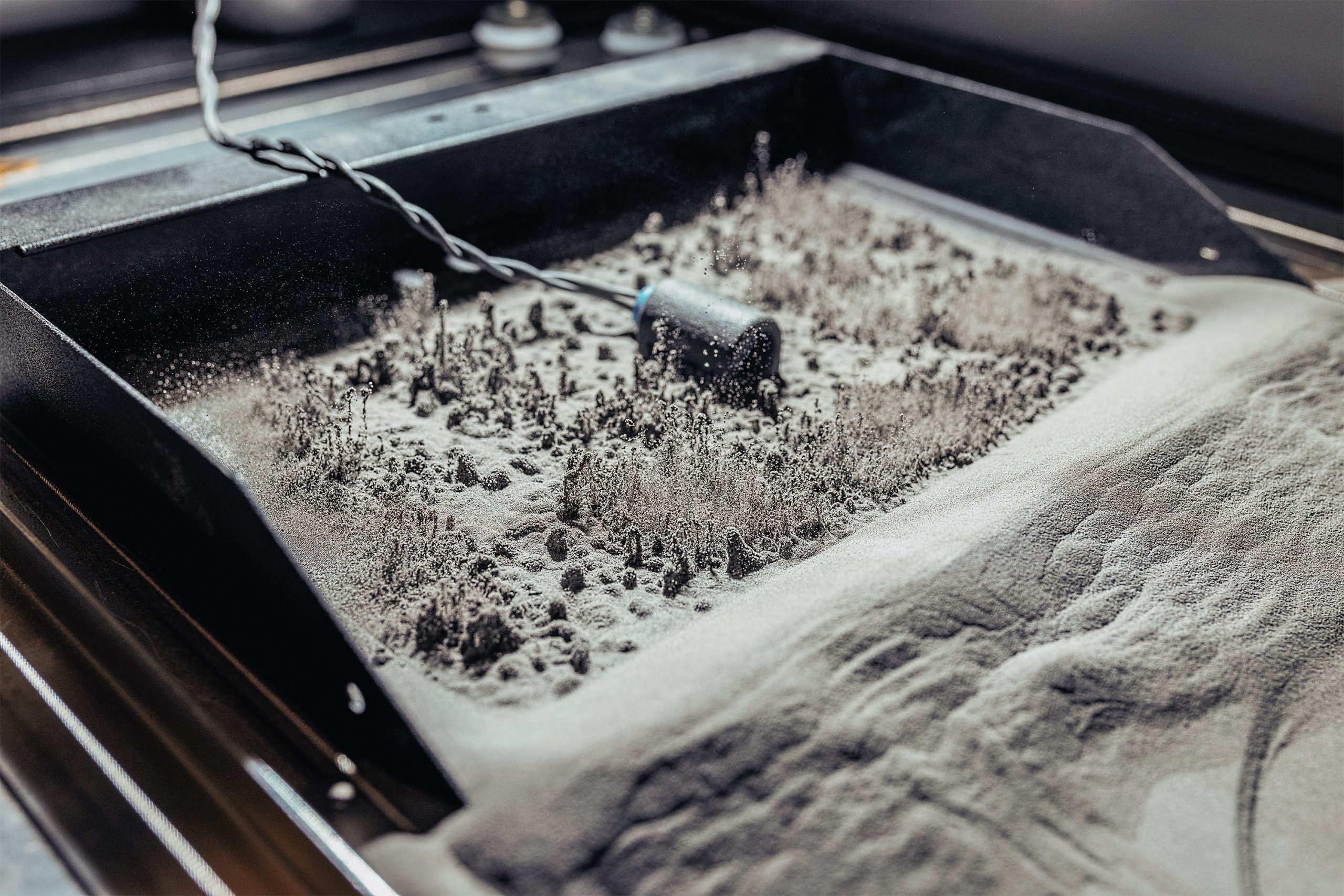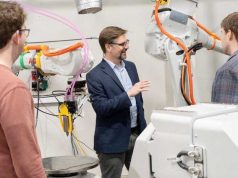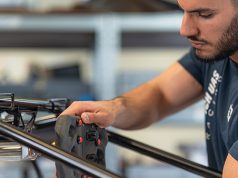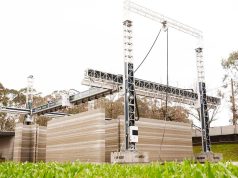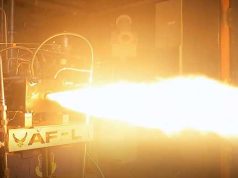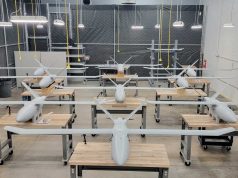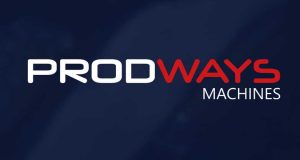Amid rapid technological change in battery technology, Johnson Matthey Battery Systems, a European market leader, is setting itself apart by using cutting-edge 3D printing technology.
Based in Gliwice, Poland, the company produces over 3.5 million lithium-ion batteries annually, establishing itself as a leading supplier of customized battery systems in Europe. Applications for its batteries range from e-bikes and power tools to medical equipment and industrial cleaning machines. Johnson Matthey’s strength lies in its comprehensive offering – from initial development to sustained customer support.
In pursuit of continuous improvement, Johnson Matthey Battery Systems has integrated additive manufacturing into its development processes. The Sintratec S2 selective laser sintering 3D printer plays a critical role in this effort.
Jakub Szafrański, Test and Validation Team Leader, highlights the impact of the system: “Thanks to the Sintratec S2, we have the ability to manufacture mechanically resistant spare parts, as well as prototypes with thin walls. This solution significantly reduces the cost and lead time for spare parts and prototypes compared to outsourcing.”
Thanks to in-house 3D printing capabilities, the company’s engineers can quickly print and test various machine components and fixtures made of PA12 nylon. The modular design of the Sintratec S2 also enables flexible adjustment of production capacity. This means that the next component can be prepared during a printing process, effectively increasing throughput.
Szafrański explains how the S2 has helped the team streamline its production process: “Another advantage of the printer is its ability to increase efficiency with a relatively small financial investment. Instead of an entire system, we have added an additional material unit and the performance almost doubled. While one build module is printing, you can sieve the powder and prepare the next batch of components with the other.”
Johnson Matthey Battery Systems sees SLS technology as more than just a way to reduce costs and optimize processes. The goal is to remain innovative and adaptable in a dynamic market environment.
“The precision and production capabilities of the Sintratec S2 have allowed us to accelerate our research and development and shorten time to market”, concludes Jakub Szafrański.
Subscribe to our Newsletter
3DPresso is a weekly newsletter that links to the most exciting global stories from the 3D printing and additive manufacturing industry.



